Arco Felice and its lakes

A land of inexhaustible vitality where water, air, earth and fire have modelled a generous, evocative and receiving nature. A land where Myth fuses with Reality giving birth to fascinating legends mixed with local superstition. A mysterious territory rich in "infernal" lakes, where numerous archaeological and naturalistic jewels emerge suddenly, as if by magic.
By the way, Lake of Averno is one of those jewels: a 4000 years-old crater lake, rising west of Naples, in the area of Phlegrean Fields. Its Greek name, Aornos, was interpreted as meaning "without birds," giving rise to the legend that no bird could fly across it and live because of its poisonous sulphurous vapours. Surrounded by dense forests in ancient times, it was represented by the poet Virgil as the entrance to Hades (hell). Although today Averno's mortal breath is extinguished and the birds have returned to fly, the lake has preserved a mythological atmosphere thanks to the dark waters and the vegetation that looks like holding the sheet of water tight in a great embrace.
Lake Averno is altogether a bewitched place where, due to the presence of ancient ruins, giving life to a truly prodigious show. Along the eastern shore you will be able to admire the grand thermal hall, known as Tempio di Apollo (Apollo's Temple) and the Navale di Agrippa. Continuing, you will see, behind thick vegetation, the entrance to Grotta di Cocceio and the famous Grotto of Sibyl where, according to the legend, the priestess prophesied.
Lake Lucrino, known as Maricello or small sea, is a semi-brackish sheet of water whose name derives from Lucrinum, meaning earnings, associated to the abundant and remunerative breeding of fish and oysters in the Roman age. This area was considered the stay of relax and pleasure thanks to the mildness of the air, the curves of the shores, covered by waving aromatic plants and flowers... Pliny the Elder wrote a tale set in this magic place: the poet cites it in Naturalis historia as the home of a dolphin who had made friends with a child. According to Pliny, when the child fell ill and died, the dolphin died of a broken heart, too.
The Naturalistic Oasis of Mount Nuovo is considered the youngest mountain in Europe and its uprising hides an incredible story! The mountains has risen up in three days after a powerful "shower" of fire, ashes and lapillus that submerged the village of Tripergole, the mountain suddenly blossomed from bowels of the Earth, which is why it was called Nuovo (new). The volcano, nowadays inactive, has become a naturalistic oasis where you will be able to make interesting excursions by "circumnavigating" the crater and reaching the tableland – the highest point of the mountain from which to admire enchanting views and beautiful landscapes. The oasis is located in a densely populated area, the richness in typical Mediterranean vegetation makes it look like a "urban forest", ideal to spend a great day in harness with nature!
Address in Pozzuoli:
Via Arco Felice Vecchio .
Enjoy the comfort of a vacation home in Campania.

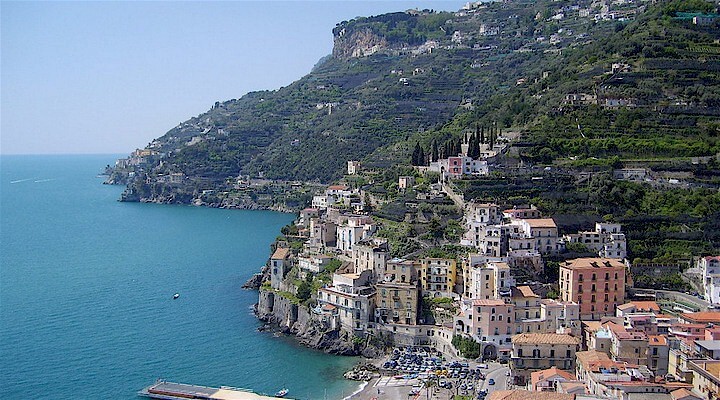 Amalfi Coast
Amalfi Coast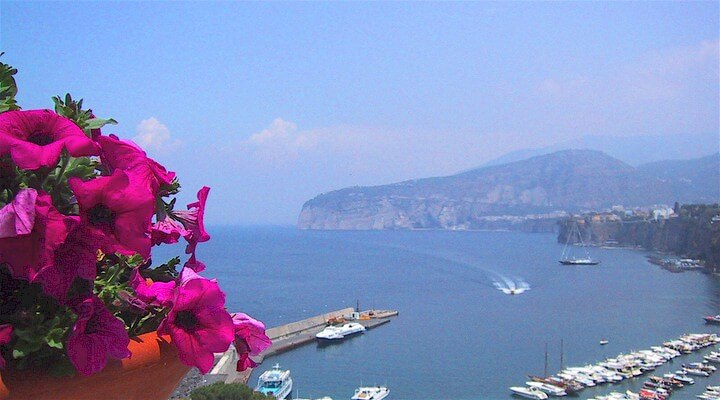 Sorrento Coast
Sorrento Coast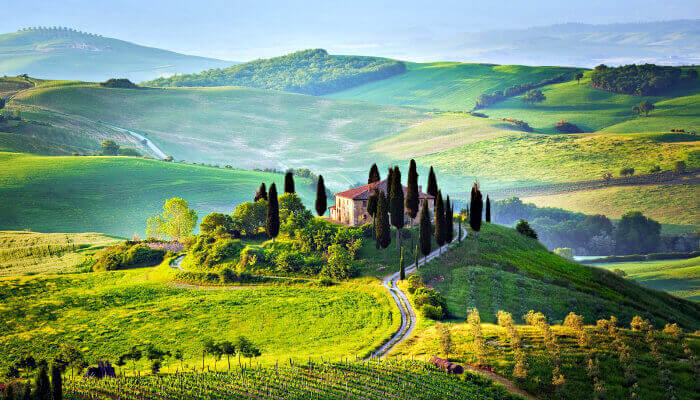 Tuscany
Tuscany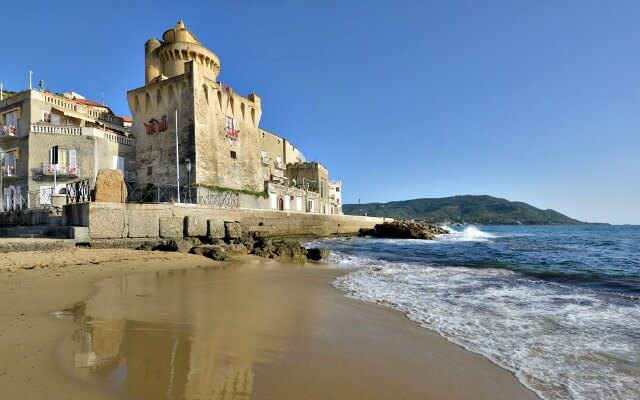 Cilento National Park
Cilento National Park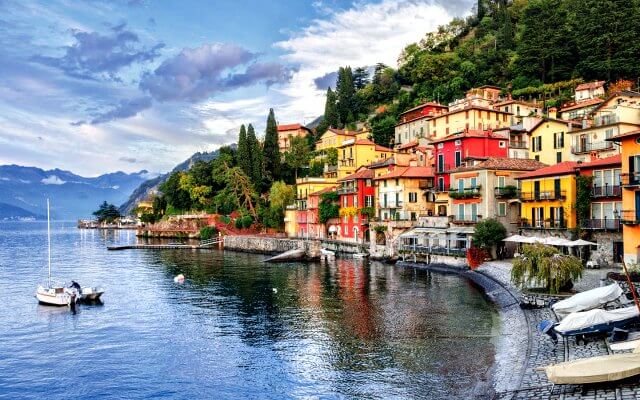 Lake Como
Lake Como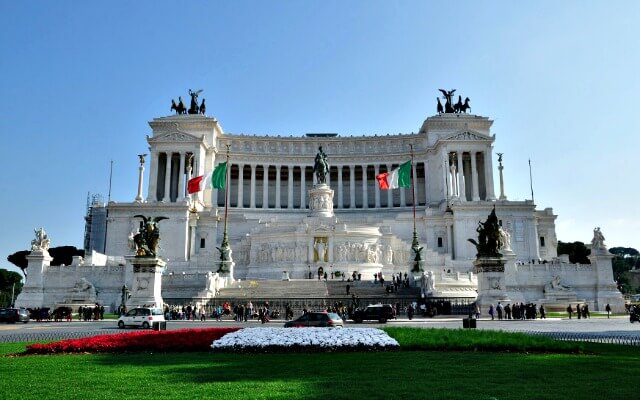 Rome and Latium
Rome and Latium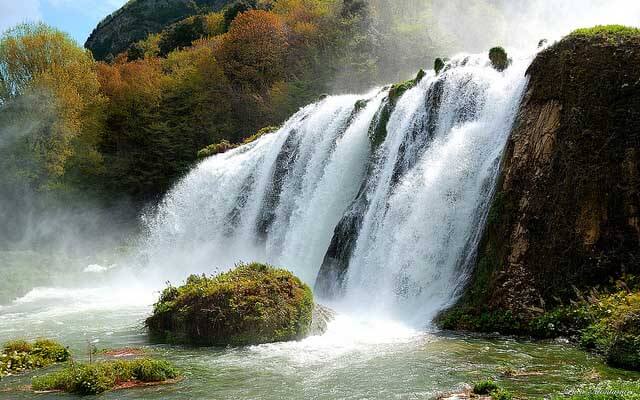 Umbria
Umbria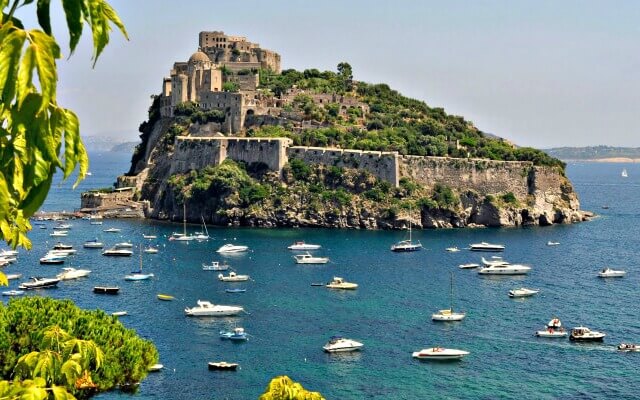 Capri and Ischia
Capri and Ischia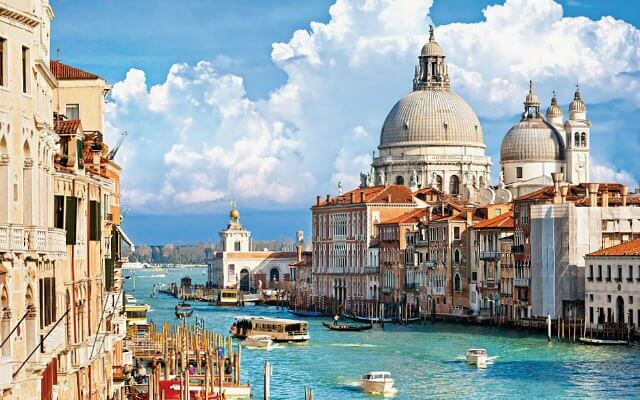 Venice
Venice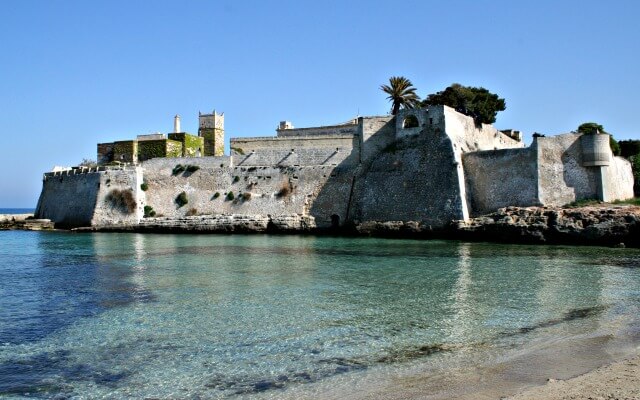 Puglia (Apulia)
Puglia (Apulia)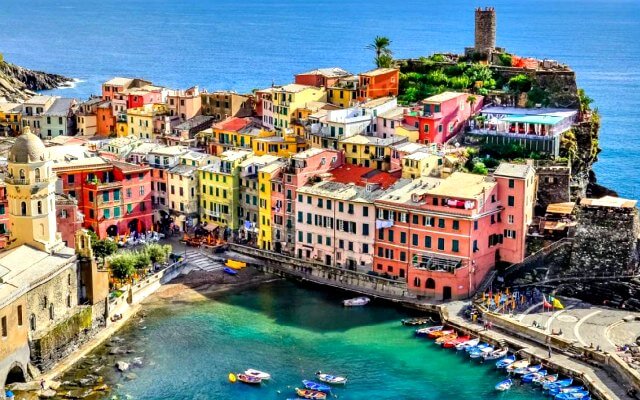 Liguria
Liguria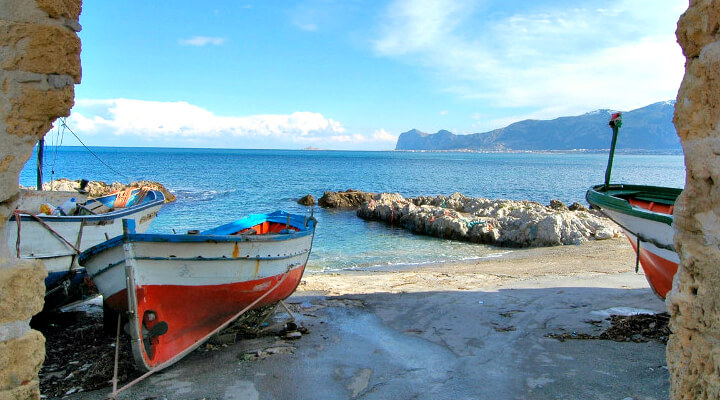 Sicily
Sicily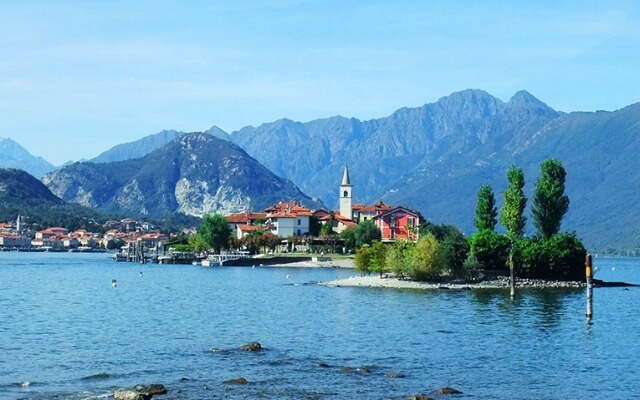 Lake Maggiore
Lake Maggiore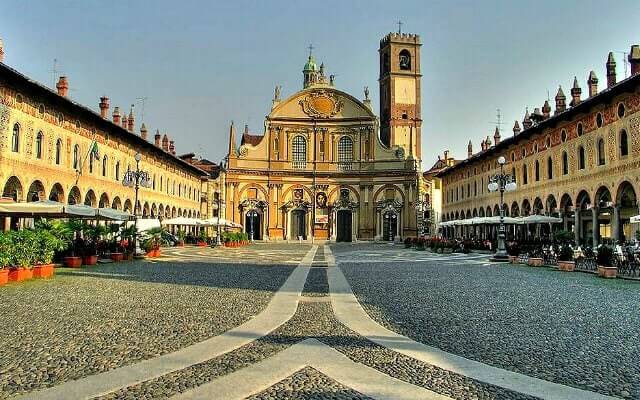 Lombardy
Lombardy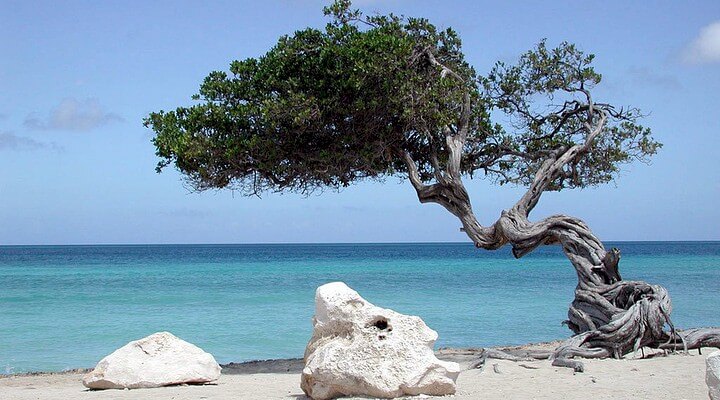 Sardinia
Sardinia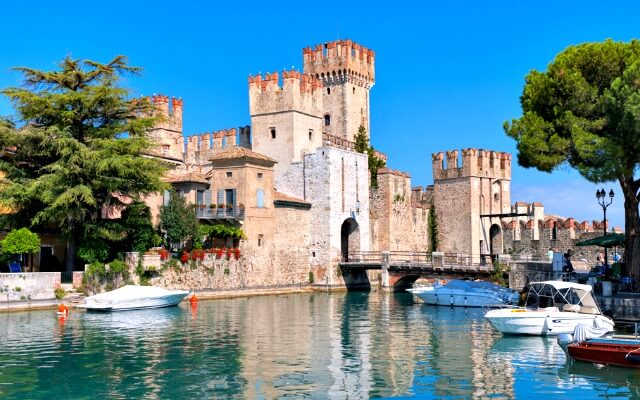 Lake Garda
Lake Garda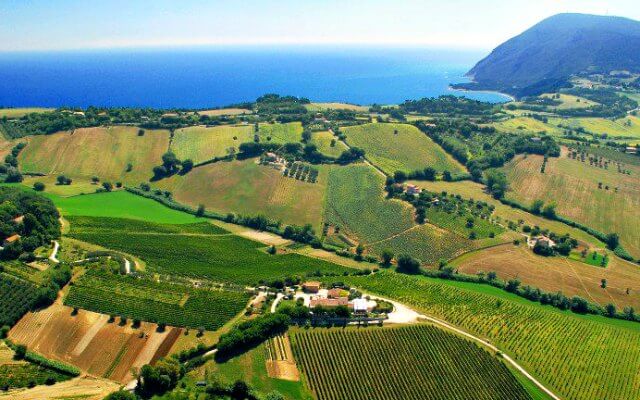 Abruzzo and Marche
Abruzzo and Marche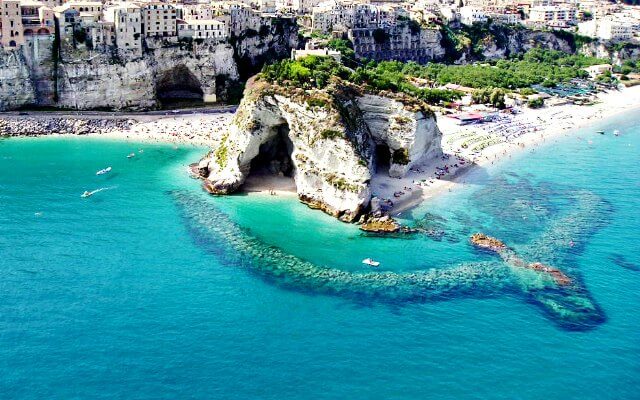 Calabria
Calabria